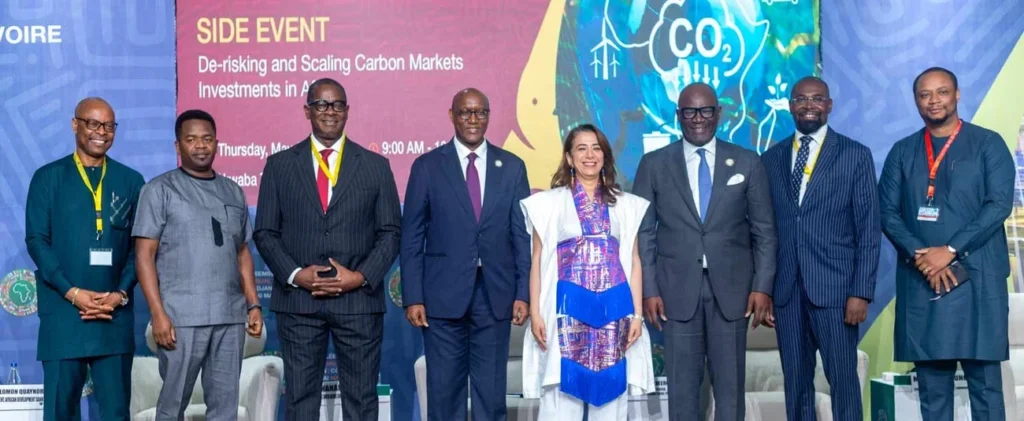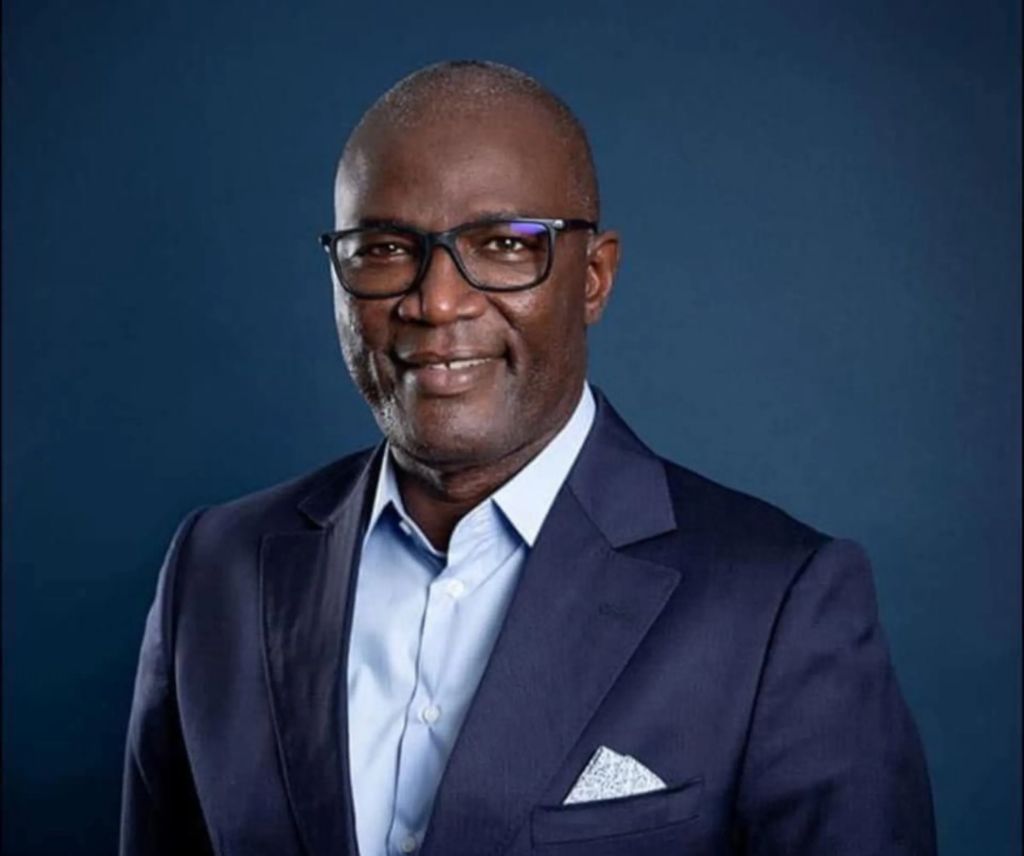Africa Advances Carbon Market Strategy to Drive Climate Finance

- Africa Carbon Support Facility (ACSF) unveiled as a game-changing initiative to de-risk and scale carbon investments across the continent.
- Financial institutions called to lead in shaping a robust carbon market ecosystem, embedding climate finance into national strategies.
- Equity and local impact emphasized, with a focus on directing carbon revenues back into African communities.
Africa is positioning itself as a frontrunner in global carbon markets, with the launch of the Africa Carbon Support Facility (ACSF) at the African Development Bank Group’s high-level dialogue on De-risking and Scaling Carbon Market Investments in Africa, held alongside the Bank’s 2025 Annual Meetings in Abidjan, Côte d’Ivoire.
“This is a space where ideas meet action, principles meet policy, and financing meets Africa’s future,” said Dr. Kevin Kariuki, Vice President for Power, Energy, Climate, and Green Growth at the African Development Bank, setting the tone for the session.

The ACSF is designed to catalyze high-integrity carbon markets through targeted financial, policy, and technical support. Aligned with the African Union’s Carbon Market Strategy, the initiative is built on five strategic pillars:
- De-risking supply
- Stimulating demand
- Building market infrastructure
- Strengthening policy ecosystems
- Crowding in private capital
“The goal is to unlock billions in climate finance while ensuring benefits are felt by African communities,” said Kariuki.
Strategic urgency and global relevance were emphasized by several leaders at the dialogue.
“When global emissions are reduced, there is less loss and damage. In Madagascar and elsewhere, disasters give climate change a human face,” said Ibrahima Cheikh Diong, Executive Director of the Fund for Responding to Loss and Damage.
“We must promote complementarity; no single institution can do everything.”

Paul Muthaura, CEO of the Africa Carbon Markets Initiative, reinforced the call for coordinated investment, stating that Africa’s carbon finance future depends on strong partnerships and scalable solutions.
RELATED ARTICLE: IFC Partners with the Banking Association South Africa to Boost Climate Finance
A panel discussion moderated by Solomon Quaynor, Vice President at the African Development Bank, sharpened focus on the role of financial institutions in unlocking carbon market potential.
Panelists from institutions including DBSA, ARM-Harith, UNECA, and the Children’s Investment Fund Foundation underlined the need for:
- Clear regulatory frameworks
- Smarter risk-sharing tools
- Stronger local capital markets
Dr. Hanan Morsy, Chief Economist at UNECA, highlighted the critical need for trust and data integrity:
“Development partners need to collaborate to ensure the data needed for verifiable, investible, and trustworthy carbon credits is available and reliable. Income streams should also trickle down to communities.”

The panel concluded with unified support for the ACSF, recognizing it as a catalytic platform to align capital, policy, and community outcomes. The call was clear: Africa is not just participating in the carbon economy—it is leading it.
Africa’s carbon market vision is ambitious, equitable, and built to scale—with finance, trust, and community impact at its core.
Follow ESG News on LinkedIn








